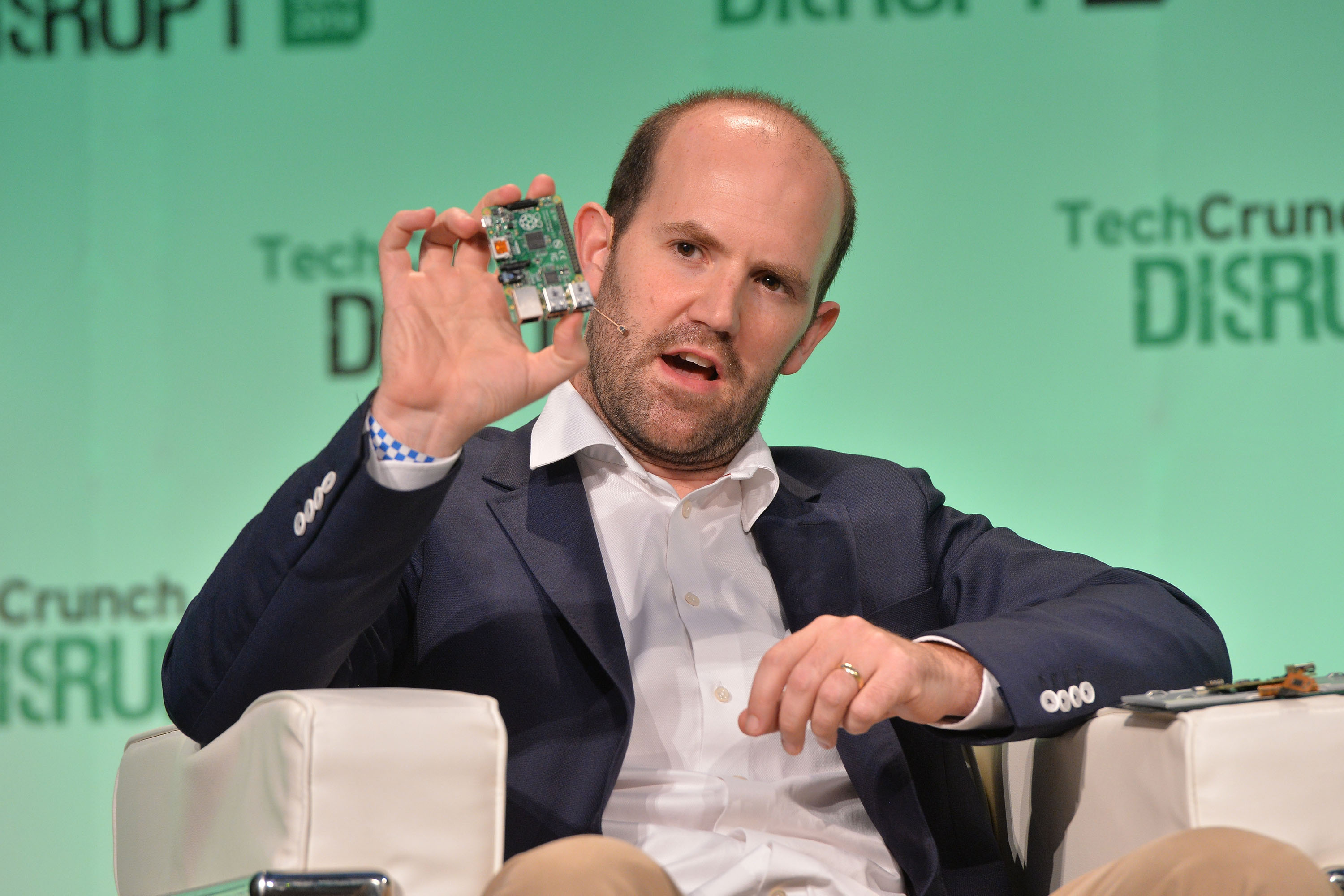Key momentsSign up for our daily business newsletter hereKingfisher buoyed by big-ticket buys
The group behind the home improvement retailers B&Q and Screwfix has upgraded full-year guidance after a 4.1 per cent increase in interim pre-tax profit to £338 million in the six months to July 3. It was ahead of forecasts for £327 million.
Knigfisher sales rose 1.9 per cent to £6.81 billion, with the retailer now targeting the “upper end” range for adjusted profit-before-tax of between £480 million and £540 million.
Kingfisher reported a strong UK performance across both B&Q and Screwfix with like-for-like sales up 4.4 per cent and 3 per cent. It experienced another increase in demand for big-ticket items as it benefited from “favourable weather” and the closure of rival Homebase stores.
Thierry Garnier, chief executive, said expectations for the year remain unchanged “whilst mindful of mixed consumer sentiment and political uncertainty”.
Profits drop 43% at Raspberry Pi
Raspberry Pi, the micro-computer maker, suffered a 43 per cent drop in profit before tax in the first half, to £6.2 million from £10.8 million last time.
Revenue was down 6 per cent to £135.5 million against a strong comparison period. It expects volumes to be higher in the second half, supported by strengthening demand and a “substantial order backlog”.
Shares in Raspberry Pi have fallen 35 per cent since the start of the year on fears that the group will be hit by tariffs on its components, despite the company insisting that sales have not been affected.

Eben Upton, the founder of Rasberry Pi
ANTHONY HARVEY/GETTY IMAGES
It said that sales to US customers “remain strong”, adding: “Our core products incur modest 10 per cent tariffs, well below many competitors, and we do not believe that these tariffs have reduced demand.”
The company, which went public in June 2024, sold 3.6 million units in the period, slightly down on the year before. Its chief executive, Eben Upton, said Raspberry Pi remained on track for the year, with profit expectations unchanged.
Smiths Group break-up ‘progressing with pace’
The FTSE 100 industrial conglomerate Smiths Group says its break-up is “progressing with pace”, alongside full-year results.
Roland Carter announced plans to break up the group in January, with the sale or demerger of Smiths Detection and Smiths Interconnect, to allow the £7 billion group to concentrate on the more profitable, higher operating margins of John Crane, which operates in the oil and gas sector, and Flex-Tek, an industrial heat controls business.
“We remain on track to announce a sale of Smiths Interconnect by the end of calendar year 2025, with the separation of Smiths Detection by way of a UK demerger or sale to follow,” the company said this morning.
A break-up has long been sought by some investors and shares in Smiths Group have risen 36 per cent since the start of the year on the back of the plans.
The results show that operating profit rose 11 per cent to £410 million in the 12 months to the end of July, up from £369 million. Revenue rose 6.5 per cent to £3.34 billion, up from £3.13 billion
OpenAI’s $100bn mega-deal with Nvidia drives tech rally
Nvidia’s plan to invest up to $100 billion in OpenAI sent a jolt through Asian markets overnight and the South Korea and Taiwan markets both posted all-time highs.
It came after Wall Street’s three main stock market indices also scaled new records. The bulk of the gains were driven by megacap technology stocks.
Analysts’ opinion, however, seems divided. Bulls see it as OpenAI acknowledging there is no alternative to Nvidia’s powerful chips, but others wonder why Nvidia is funding a customer to buy its equipment.
Raspberry Pi, one of a dwindling number of technology-focused stocks listed in London, will give an early indication of whether UK investors buy the glass-half-full argument when it releases interim results before markets open.
Shares in the micro computer maker have fallen 35 per cent since the start of the year on fears that the group will be hit by tariffs on the components.
